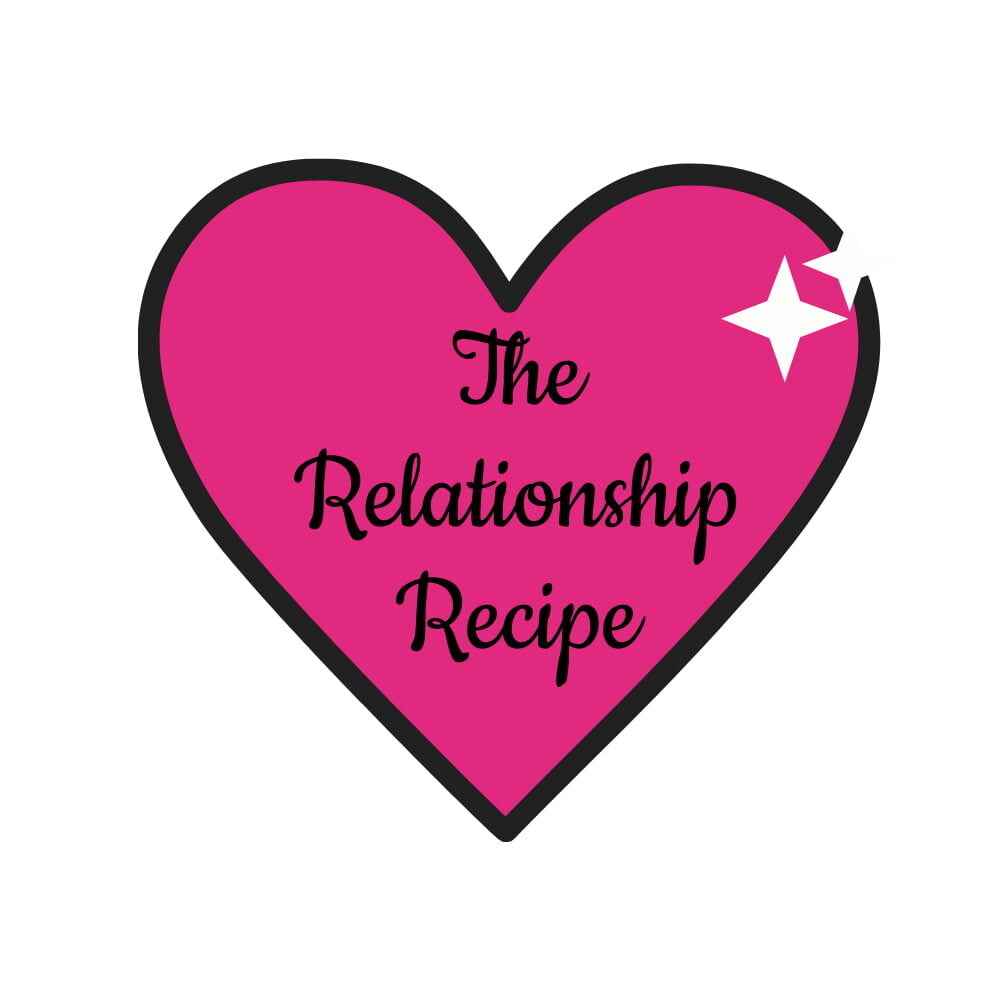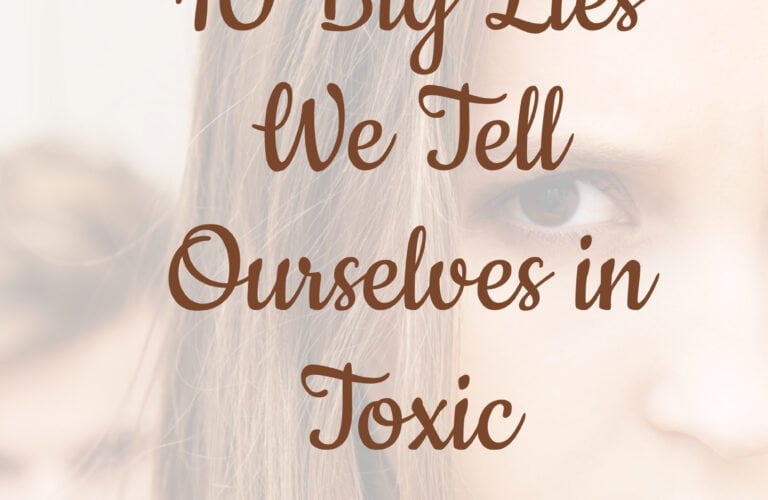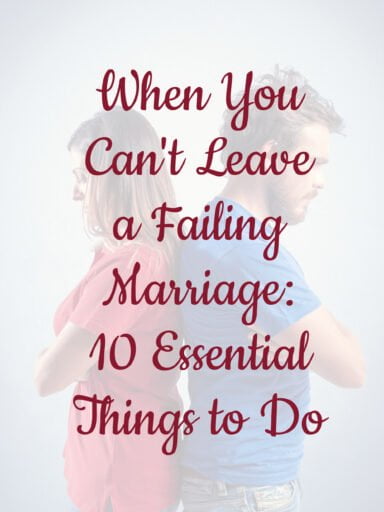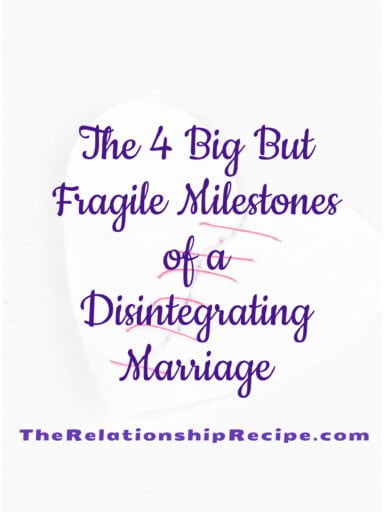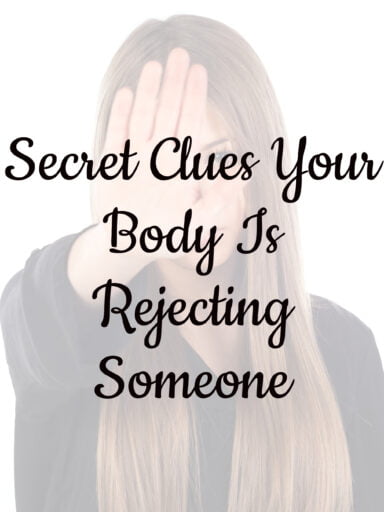Recognizing the toxicity in my relationship was a pivotal moment that demanded introspection and self-awareness. At first, the facade of normalcy blinded me to the underlying issues, and I clung to the hope that things would miraculously improve. Resentment was building between both of us.
The process of unraveling the self-deception was gradual, requiring a candid examination of my emotions, needs, and boundaries. As I confronted the lies I had been telling myself, the reality of the situation became starkly evident. Acknowledging the truth was painful, but it became the catalyst for my liberation from the toxic relationship.
Breaking free from my toxic relationship required strength, resilience, and a commitment to my well-being that ultimately empowered me to rebuild my life on a foundation of authenticity and self-love. This journey of realization taught me the importance of honesty with oneself and the courage it takes to break away from harmful patterns.
These self-deceptions, while seemingly protective, only perpetuate the harm and hinder our path to healing. Let’s unmask the big lies we tell ourselves in toxic relationships and explore the steps toward reclaiming our well-being.
Toxic relationships can be insidious, weaving a web of deception that entangles our emotions, perceptions, and self-worth. Often, we find ourselves uttering big lies to justify, excuse, or endure the toxicity.
These self-deceptions, while seemingly protective, only perpetuate the harm and hinder our path to healing. Let’s unmask the big lies we tell ourselves in toxic relationships and explore the steps toward reclaiming our well-being.
Big Lies I Told Myself in My Toxic Relationship
I am the “Queen” of denial. The lies I have told myself while in my toxic marriage are all of these and then some. I am an expert at self blame. I twisted myself in to a pretzle trying to make things “right” between us. Believe me, I GET why we tell ourselves these lies, (its a protection mechanism that our brains do to calm us) but at what cost? Our sanity?
Now, after decades of being married, I realize it’s not all him, and it’s not all me. I have come to realize that we are not good for each other and that our relaltionship is unhealthy for various reasons. Much of the unhealthiness of our relationship comes from how I handle it, how I allowed it to go on and on. I handled it with denial, self doubt, self blame, staying for the kids, telling myself to be “happy” and hanging on to hope that one day, things will change.

The truth is, very little has changed. Oh, we don’t fight as loudly as we used to because I am no longer invested in the relationship. Years of this has taught me that he is who he is and I am who I am – and very little has changed. Oh, how I wish I could reach back in time and tell my young in-my-twenties-self that I was worth more than this!
Again, Dear Reader, I may not have the perfect solution for you, however I can offer you my own experiences and solidarity in the hopes that you will not make the same mistake I did by staying married to someone who makes you feel crazy often times – making you eventually get to a place where you barely recognize or even know yourself anymore! All I can do is talk about my own experiences that happend to me. What you do with this information is obviously your choice.
Below are the big lies I told myself in my own relationship:
Big Lie 1: “It’s Just a Rough Patch”
One of the most common lies we tell ourselves is the belief that the toxicity is just a temporary rough patch. We convince ourselves that things will get better, that the partner will change, or that the storm will pass. While challenges are a natural part of relationships, harmful dynamics often run much deeper. Recognizing the distinction between a rough patch and a consistently toxic relationship is essential for acknowledging the need for change.
My “rough patch” has lasted decades. Our whole marriage has been a “rough patch.” It doesn’t get any better with a toxic partner, you just check out because you are exhausted from the constant relationship fatigue.
Truth: Persistent toxicity requires action.
Facing the truth empowers us to take decisive steps toward our well-being. Whether it involves setting boundaries, seeking counseling, or, in some cases, ending the relationship, acknowledging the persistent toxicity is the first step toward regaining control of our lives.

Big Lie 2: “I Can Fix Them”
Another significant lie we tell ourselves is the belief that we have the power to fix or change the toxic partner. This lie often stems from a compassionate desire to help others, but it can evolve into a misguided and harmful conviction.
We convince ourselves that if we love them enough, endure the pain, or change our behavior, the toxic person will transform. Yeah, not likely to happen. They’ve gotta want it for themselves. You know this deep down so stop kidding yourself that they will change because you love them “so much.”
Truth: You cannot change someone who doesn’t want to change.
Accepting the truth that we cannot control or change another person is liberating. It shifts the focus from futile attempts at fixing someone else to self-empowerment. Redirecting our energy toward our own growth and well-being becomes the catalyst for positive change.
Big Lie 3: “I’m the Problem”
A toxic relationship often leads to feelings of inadequacy, unworthiness, and guilt. We tell ourselves that we are the problem – that our actions, words, or existence are the root cause of the toxicity. This lie can have devastating effects on our self-esteem, leading to a cycle of self-blame and submission.
Truth: Toxicity is a shared responsibility, but it’s not your fault.
Acknowledging that toxicity is a shared responsibility is crucial. While both parties contribute to the dynamics of a relationship, accepting blame for everything allows the harmful behavior to persist. Recognizing your own worth and setting healthy boundaries becomes the antidote to this destructive lie.

Big Lie 4: “I’m Staying for the Kids”
Many individuals in poisonous relationships, especially those with children, tell themselves that they are staying for the sake of their kids. This lie often masks a deeper fear of change, financial instability, or societal judgment. While it may seem noble to endure toxicity for the children, the reality is that growing up in such an environment can be more damaging than the alternative. Many children feel that their whole lives were a big lie after knowing this. What a terrible burden to put on our kids!
Truth: Leaving may be the best choice for everyone involved.
Confronting the reality that staying for the kids might be more detrimental than leaving can be a challenging but necessary step. Creating a healthy, stable environment for children often involves breaking free from terrible relationships, demonstrating the importance of self-respect and emotional well-being.

Big Lie 5: “I’m Happy”
In an attempt to preserve a semblance of normalcy, we often tell this big lie to ourselves and others, asserting that we are “happy” in the toxic relationship. We convince ourselves that the occasional moments of joy or satisfaction validate our overall happiness, ignoring the pervasive negativity and harm. We reach out for that little crumb of happiness and hang on to it for dear life! Why not, when you think it’s all you have?
Truth: True happiness is sustainable and free from toxicity.
Facing the truth about our happiness is an essential aspect of reclaiming our lives. True happiness is not fleeting; it is sustained, nourishing, and free from the constraints of a bad relationship. Acknowledging our discontent becomes the catalyst for seeking genuine happiness outside the confines of toxicity.
Big Lie 6: “I’m too Invested to Leave”
The sunk-cost fallacy often traps us in destructive relationships. We convince ourselves that we’ve invested too much time, energy, or emotions to walk away. This lie prevents us from seeing the potential for a brighter future, reinforcing the idea that leaving would mean losing everything. This time “investment” has kept me stuck in a crappy marriage for 30 years. Don’t be me!
Truth: Your future is more valuable than your past investments.
Breaking free from the shackles of the sunk-cost fallacy requires recognizing the potential for growth and happiness beyond the horrible relationship. Your future and well-being are more valuable than the investments of the past. Embracing change becomes the gateway to a more fulfilling life!

Big Lie 7: “No One Else Will Love Me”
Toxic relationships often erode our self-esteem, making us believe that we are unlovable or that no one else could possibly care for us. This lie is a product of the emotional manipulation and control exerted by harmful partners.
This big lie is near and dear to my heart. In 2016 after my dad suddenly passed away, I made myself sick with grief and ended up with Crohn’s Disease. I remember wondering “well this is just great, now no one will really want me – I have an incurable disease!”
Since that was some years back, I have changed my thinking that I will be happy as a single woman. If someone great comes along, fine, but I’m not leaving to jump right in with somene else. Once you get to the point I am at – you just want peace in your life. You have to be happy with yourself and if you can’t find happiness there, you won’t find it in someone else. Get healthy emotionally, mentally and physically before jumping in to the dating pool. You will thank yourself later!
Truth: You are deserving of love and respect.
Understanding your inherent worthiness is paramount in overcoming this lie. Toxic relationships can distort our self-perception, but recognizing and affirming your value sets the foundation for healthier connections in life. Embracing self-love and respect becomes the catalyst for breaking free from the lie that no one else will love you.
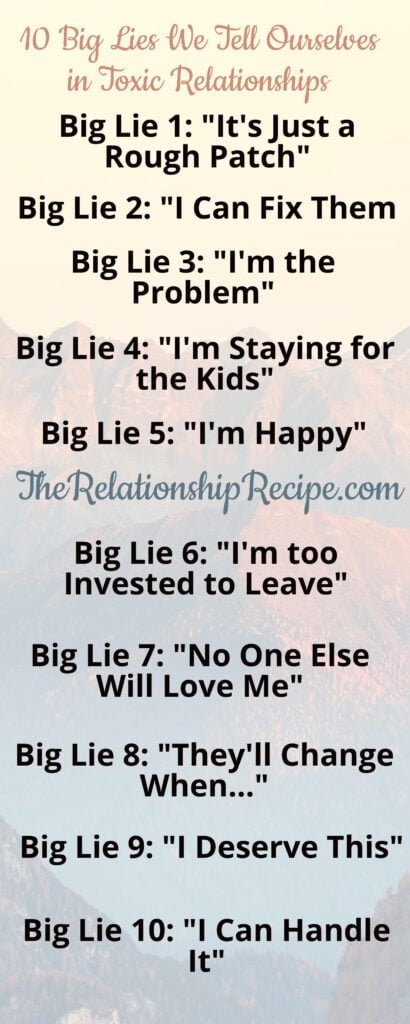
Big Lie 8: “They’ll Change When…”
We often convince ourselves that our partner will change when external circumstances align in a certain way – perhaps when they find a new job, complete therapy, or experience a personal epiphany. This lie is rooted in hope, but it can lead to years of waiting for changes that may never come.
I rememeber when I came to this stunning realization. It was the moment I lost all hope. It was the moment that I realized the change was not coming. I sat in our backyard alone and just cried. I didn’t know it at the time, but it was a turning point for me. It helped me to be more forward thinking and to also move towards a more independent mindset that I know I would need when single. A small but mighty step…
Truth: Change is their responsibility, not yours.
Understanding that change is an internal process is crucial. While support and encouragement can be offered, the responsibility for personal growth and transformation lies with the individual. Releasing the expectation that external factors will trigger change allows you to prioritize your well-being.
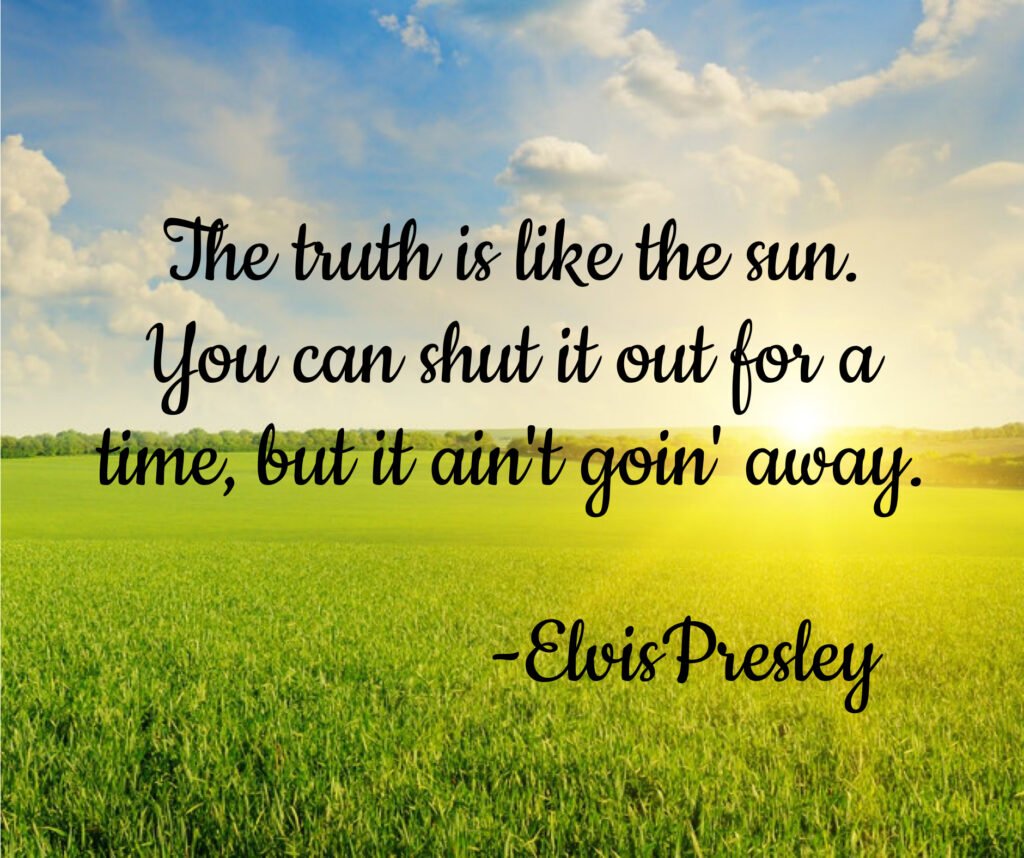
Big Lie 9: “I Deserve This”
Toxic relationships often breed a sense of undeservingness. Victims of emotional or physical abuse may tell themselves that they deserve the mistreatment, whether due to past mistakes, perceived flaws, or a distorted sense of self-worth. I used to tell myself I was not deserving of more than a crappy relationship. I didn’t think I was capable of being a person in a normal, happy relationship. Fortunately that big lie didn’t last long. I know my worth now.
Truth: No one deserves to be mistreated.
Recognizing that mistreatment is never deserved is a fundamental step toward breaking free from the harmful cycle. Understanding your inherent right to respect, kindness, and compassion lays the groundwork for reclaiming your autonomy and rebuilding your self-esteem.
Big Lie 10: “I Can Handle It”
In an attempt to maintain a facade of strength or independence, we often lie to ourselves, insisting that we can handle the toxicity. This lie may be fueled by fear of judgment, societal expectations, or a desire to avoid vulnerability.
Truth: Seeking help is a sign of strength, not weakness.
Acknowledging the truth that toxicity takes a toll on mental and emotional well-being is a courageous step. Seeking support, whether through therapy, counseling, or confiding in friends and family, is a powerful demonstration of strength. It is an affirmation that you are deserving of a healthier, happier life.
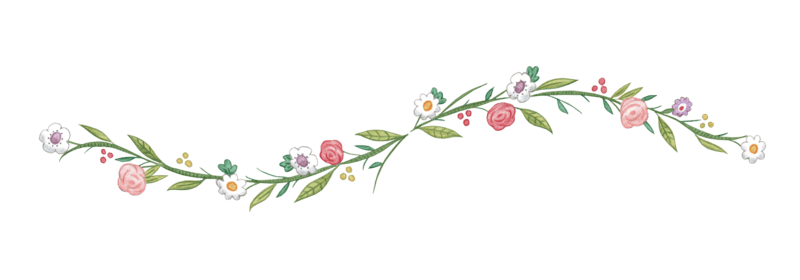
Breaking Free: 10 Steps Towards Healing
Recognizing and dispelling the big lies we tell ourselves in bad relationships is a profound first step, but the journey towards healing involves concrete actions. Here are essential steps to reclaiming your life from toxicity:
1. Acknowledge the Toxicity:
Confront the reality of the harmful dynamics in your relationship. This requires an honest assessment of the patterns of behavior, emotional impact, and overall well-being. It sucks and it’s triggering, but it’s the light of truth – and it’s not going anywhere, no matter how much you try to run from it. Toxic is NOT “normal.”
2. Seek Professional Help:
Therapy or counseling can provide invaluable support in navigating the complexities of harmful relationships. A mental health professional can offer guidance, tools, and a safe space to explore your emotions. You are best off going alone. If your relationship is anywhere near abusive it can backfire on you if you being them along. Get your own head straight first and foremost!
3. Establish Boundaries:
Setting clear and firm boundaries is crucial in protecting yourself from further harm. Clearly communicate your limits and be prepared to enforce them. Easier said than done, and if the offending party has been allowed to act like this, boundaries – like telling them what you will and will not put up with may not work. boundaries are something that should be established right away – not after decades like what happened in my marriage. The other person has to actually respect you in order for boundaries to work.
4. Prioritize Self-Care:
Invest time and energy in self-care practices that nurture your physical, emotional, and mental well-being. This may include activities such as exercise, mindfulness, and engaging in hobbies. I can’t say this enough -as women we are mostly taught that everyone else is first, and we are last. Its a hard thing to get used to, but once you do, you’ll never go back to being a martyr again!
5. Build a Support System:
Surround yourself with a network of friends, family, or support groups who understand and validate your experiences. Having a reliable support system is essential in breaking free from isolation.
6. Develop an Exit Plan:
If the toxicity is too pervasive, consider creating a strategic exit plan. This may involve seeking legal advice, finding alternative living arrangements, or connecting with local support services.
7. Educate Yourself:
Understanding the dynamics of toxic relationships, manipulation tactics, and the cycle of abuse can empower you to make informed decisions. Knowledge is a powerful tool in breaking free. Keep reading this blog for more information! 🙂
8. Practice Self-Compassion:
Be gentle with yourself throughout the healing process. Recognize that breaking free from toxicity is a courageous and transformative journey, and it’s okay to ask for help. Stop being so damn hard on yourself!
9. Focus on Personal Growth:
Shift your focus from the bad relationship to your personal growth and well-being. Rediscover your passions, set goals, and embrace the opportunity for positive change.
10. Consider Professional Intervention:
In cases of severe toxicity or abuse, involving law enforcement or seeking a restraining order may be necessary. Your safety is paramount, and professional intervention can provide the necessary protection.
Conclusion: Reclaiming Your Narrative
The big lies we tell ourselves in toxic relationships are the chains that bind us to suffering. Unmasking these lies and embracing the truth empowers us to reclaim our narrative, redefine our worth, and forge a path toward healing and happiness. Breaking free from toxicity is a courageous journey – one that begins with acknowledging the lies and taking decisive steps toward a life of authenticity, self-love, and resilience.

https://themindsjournal.com/how-we-fool-ourselves-stay-with-toxic-partners/
This post may contain affiliate links. I earn from qualifying Amazon purchases at no extra cost to you.
